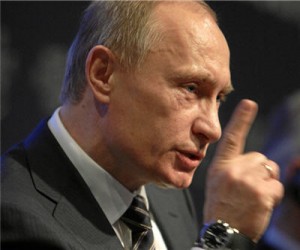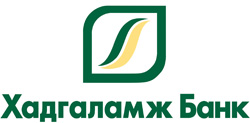 The gold price soared 2.5% on Monday on the back of safe haven
buying as Russian President Vladimir Putin's adventurism in Ukraine
caused a diplomatic scramble in the West.
The gold price soared 2.5% on Monday on the back of safe haven
buying as Russian President Vladimir Putin's adventurism in Ukraine
caused a diplomatic scramble in the West.
On the Comex division of the New York Mercantile Exchange, gold futures for April delivery – the most active contract – last traded at $1,351.80 an ounce, up $30.20 from Friday's close.
In brisk trading the metal hit a high of $1,355 earlier in the day, the best level since September and up 13% since the start of the year.
While investors were scrambling for hard assets and crude oil, stock markets sold off around the world, with triple digit losses for US blue chips and European investors running for cover. The ruble tumbled and Moscow stocks plummeted.
The US dollar also weakened, falling to a one-year low compared to the Swiss Franc, which further boosted the gold price.
There was no shortage of observers and analysts describing the gravity of the situation in Ukraine and the few options open to Europe and the US to contain a revanchist Russia.
the most naked example of peacetime aggression that Europe has witnessed since Nazi Germany invaded the Sudetenland in 1938."
One commentator described Putin's seizure of Crimea as "the most naked example of peacetime aggression that Europe has witnessed since Nazi Germany invaded the Sudetenland in 1938."
An editorial in the Financial Times did not go that far back into history to find analogies, opining that the "the early chill of a second cold war already hangs over Europe."
While Russia has been threatened with expulsion from the G8 and cancellation of trade deals and summits, few in the west countenance military intervention. But most agree punishment should at least extend to punitive sanctions or even trade blockades and the freezing of Putin's oligarchs overseas assets.
But economic measures may not be enough to stop Russia redrawing Europe's borders. Tina Fordham of Citigroup is quoted in the Economist as saying "markets have a tendency to overestimate the weight of economic self-interest; this case is just the most recent where the perceived transgressing of a geopolitical "red line" trumps other considerations, even risking costs to the economy and trade."














